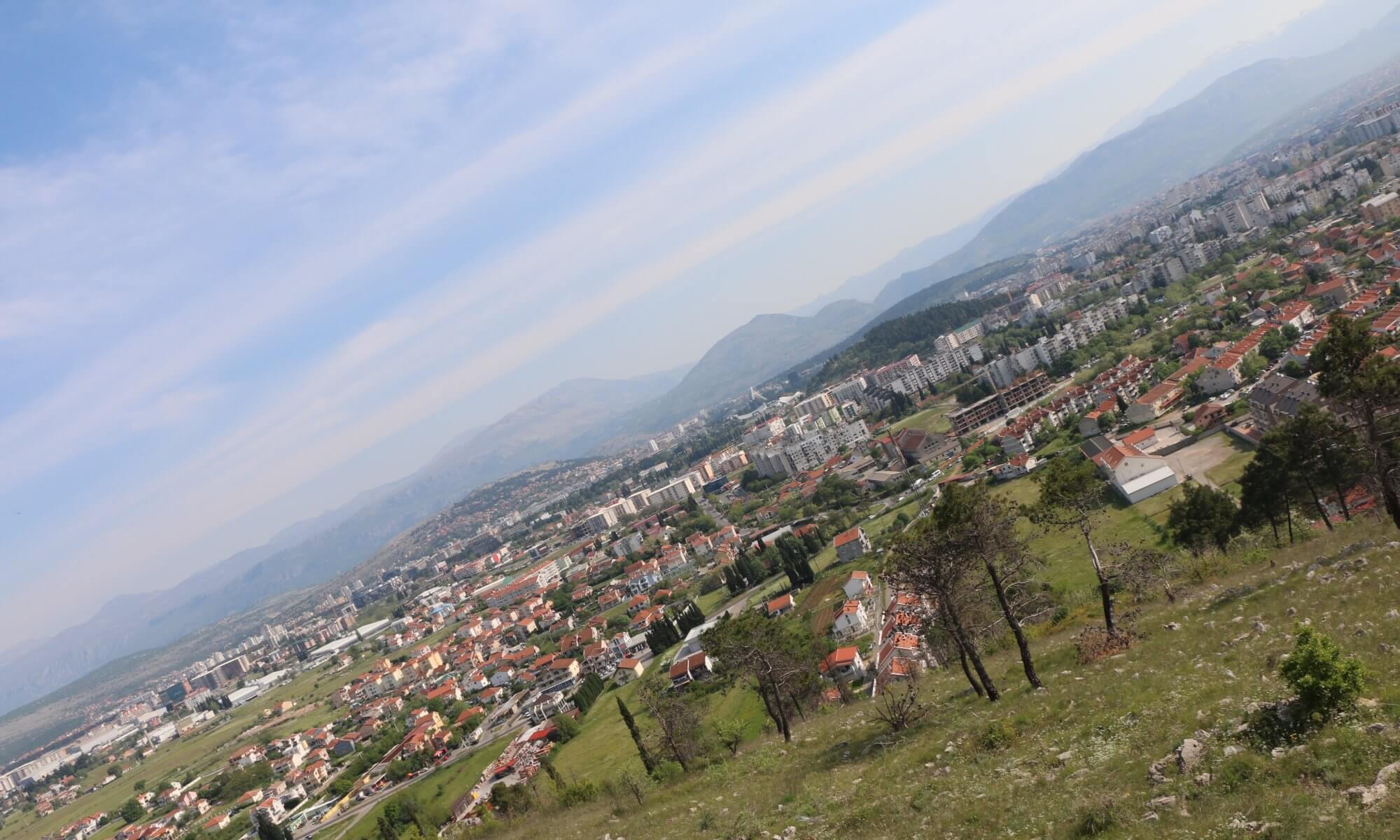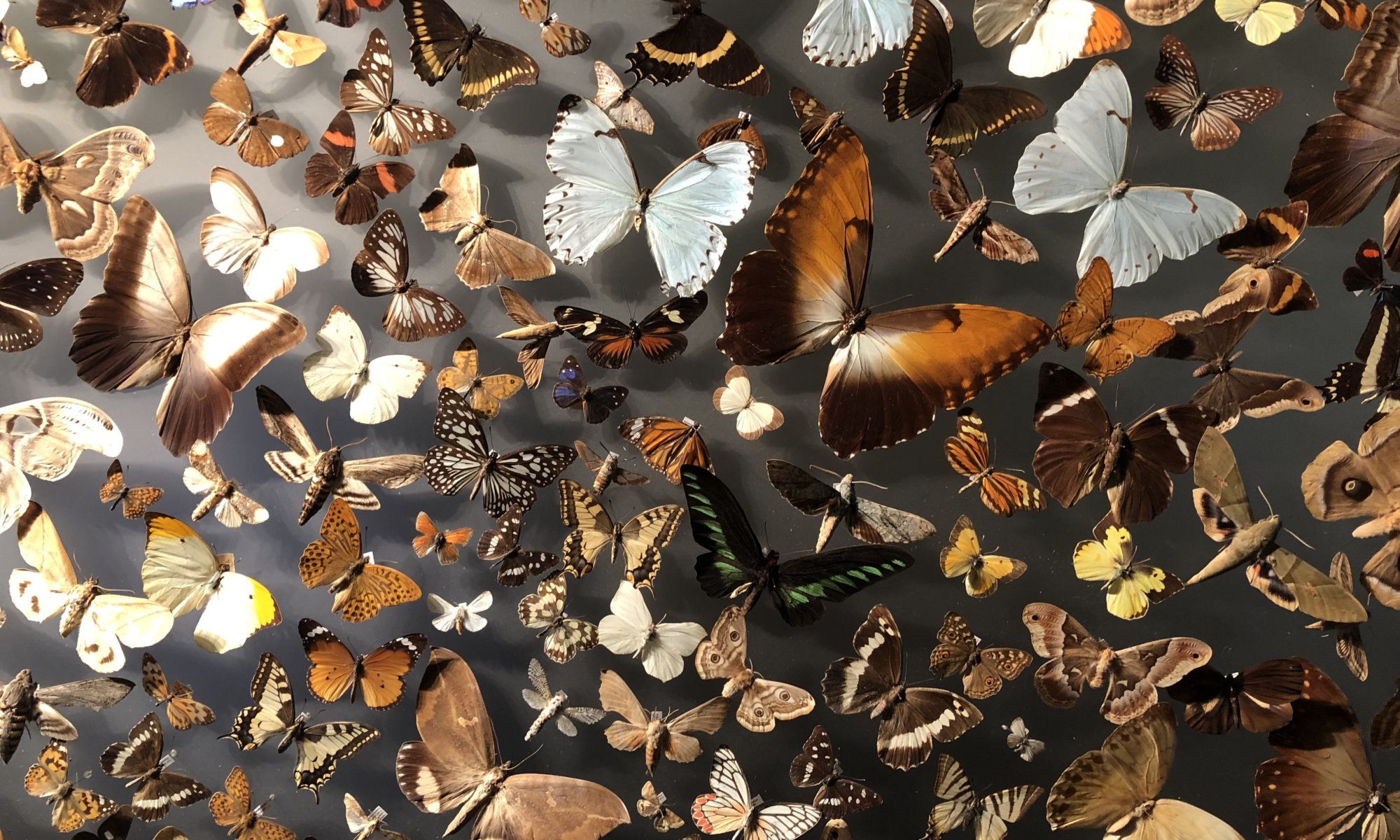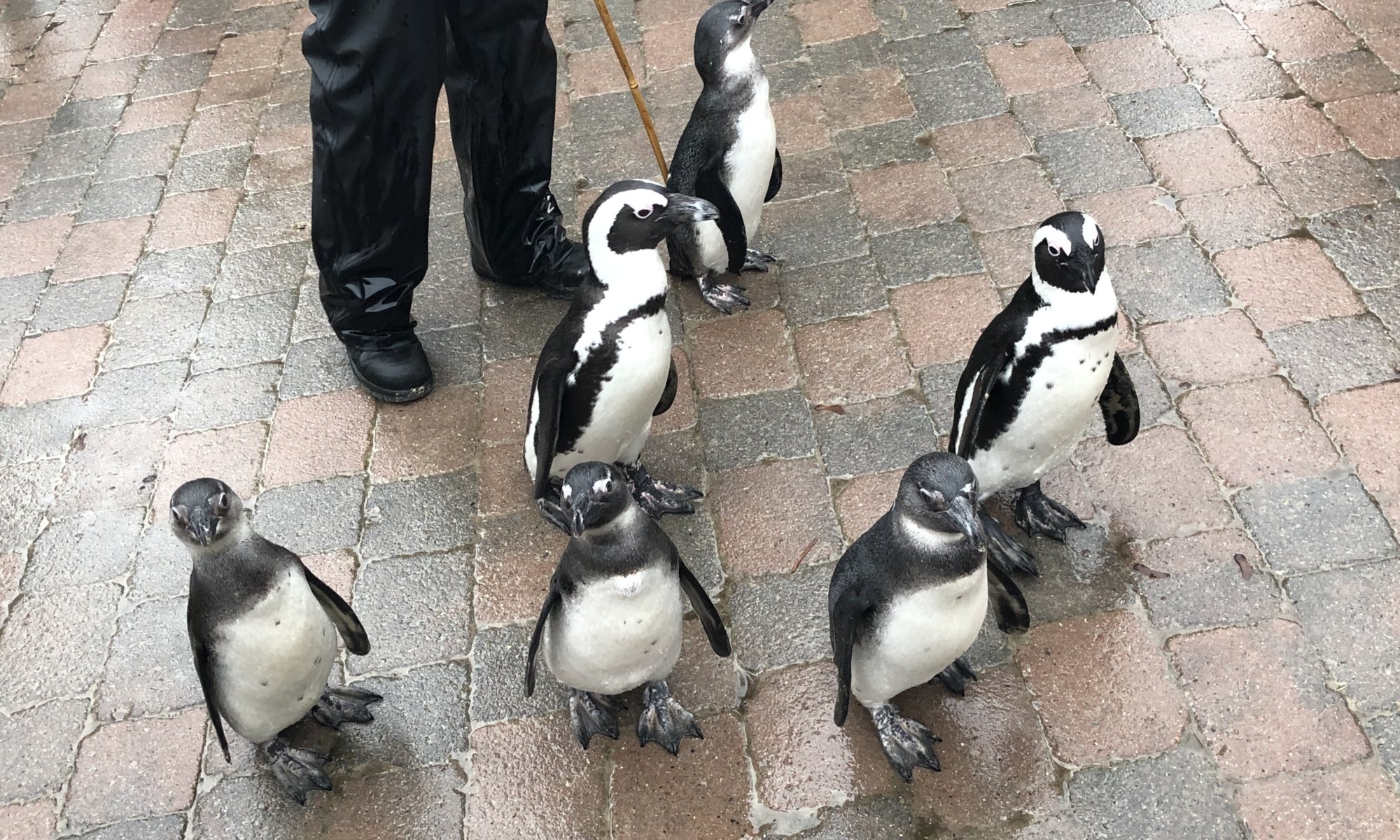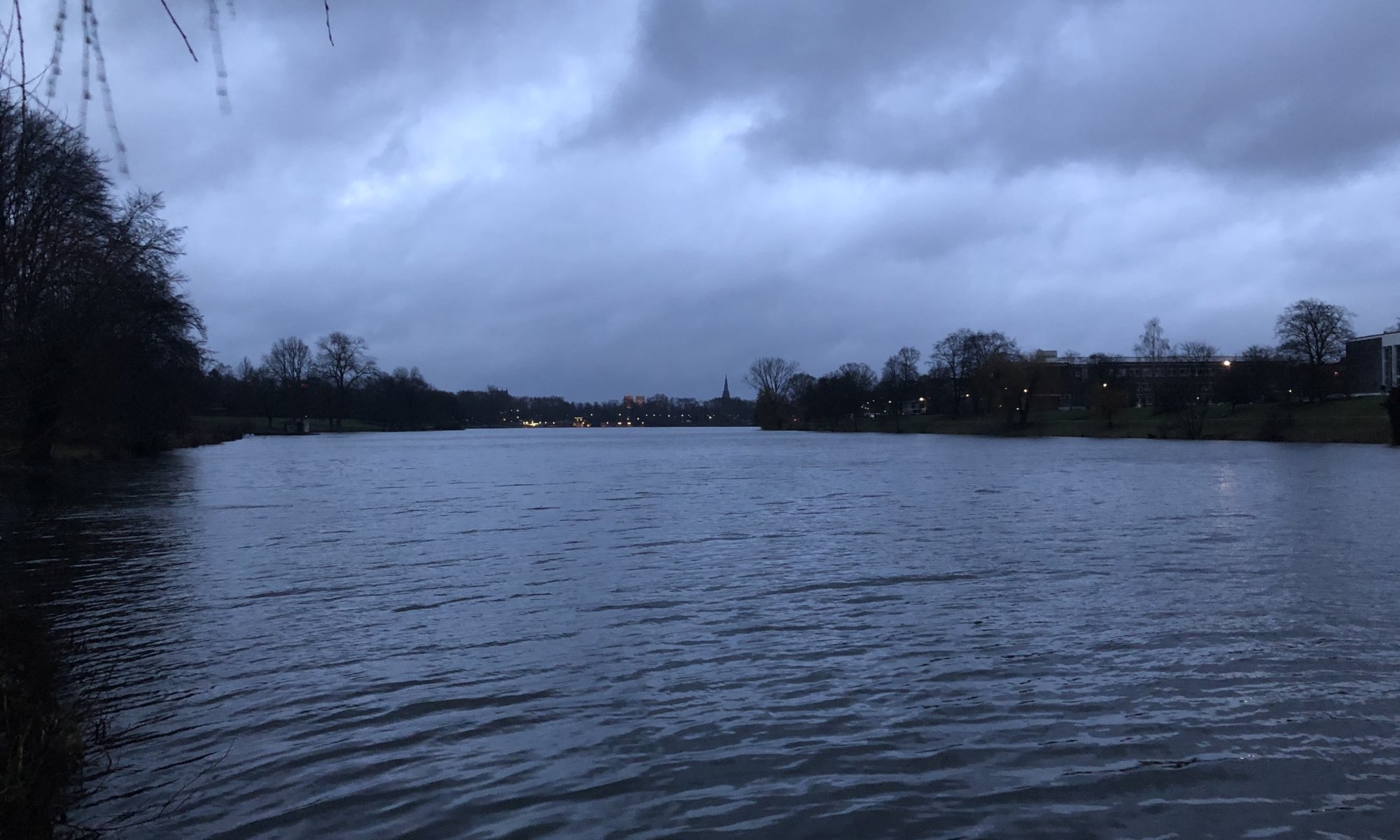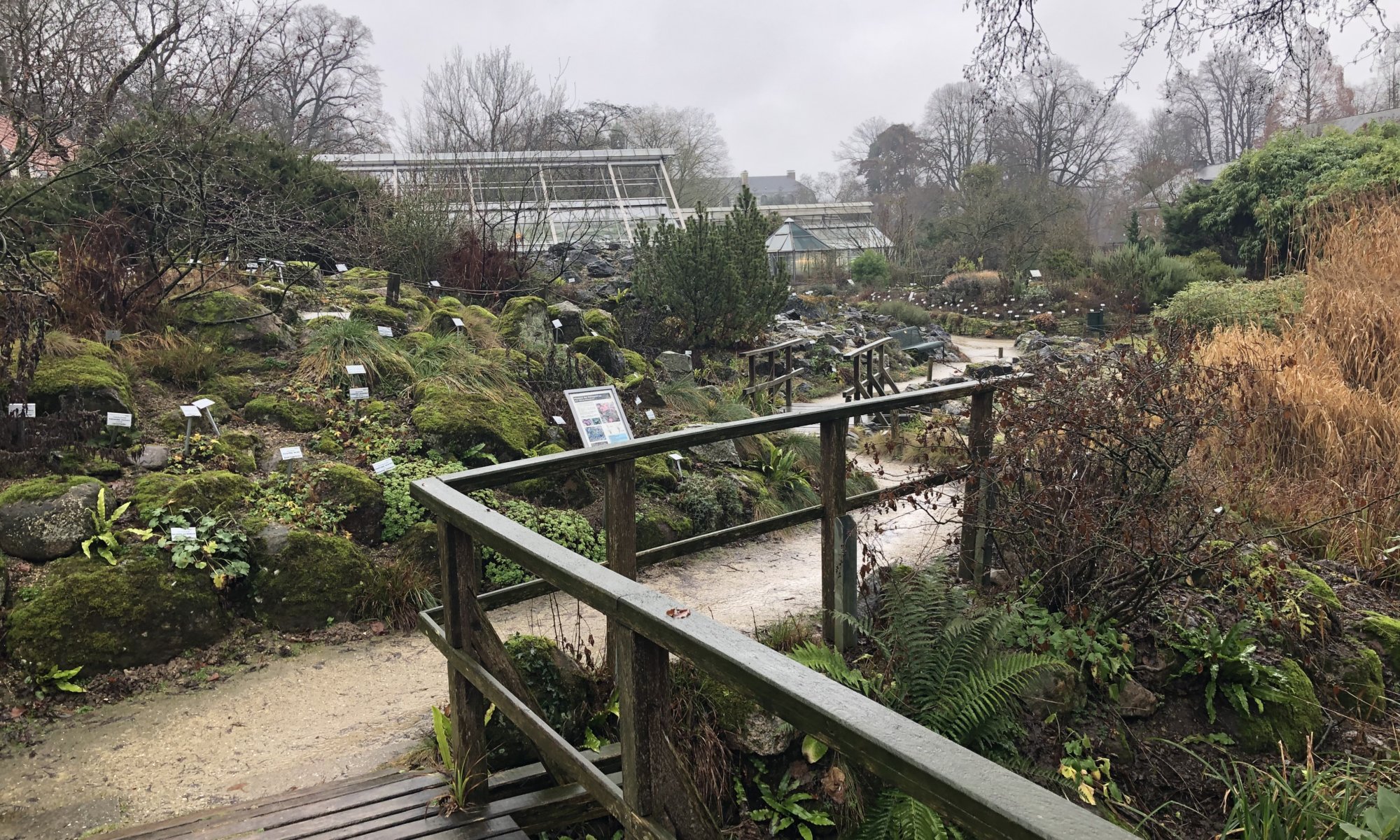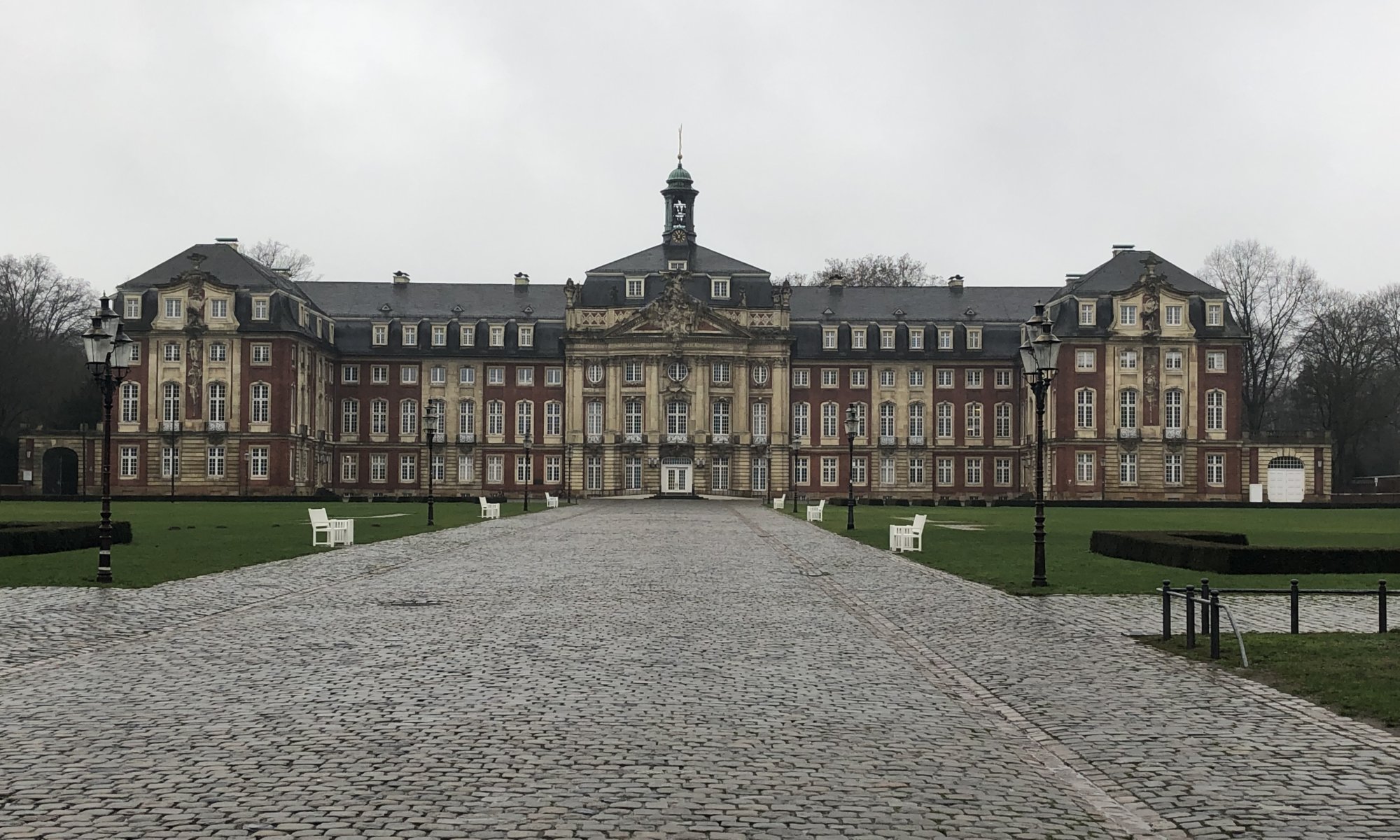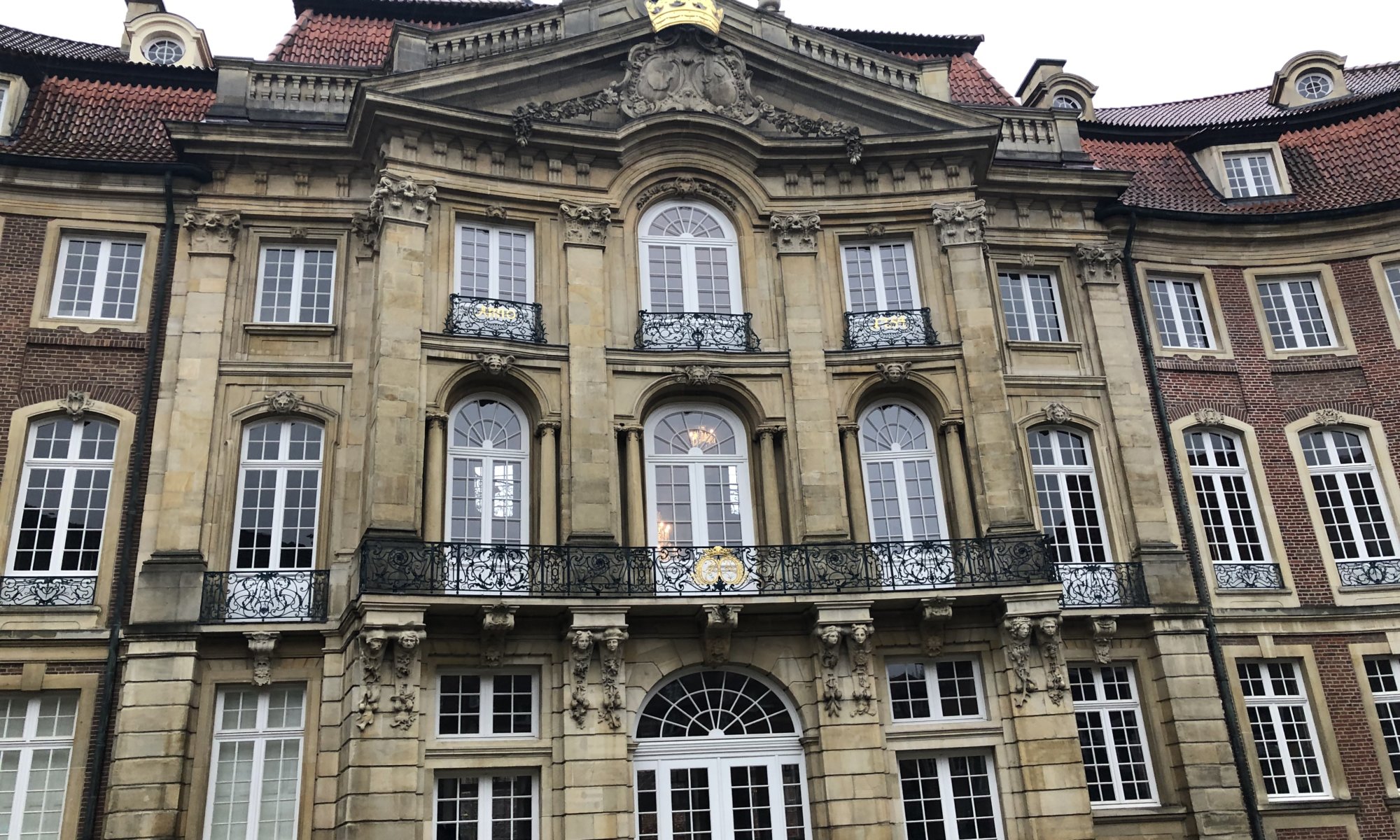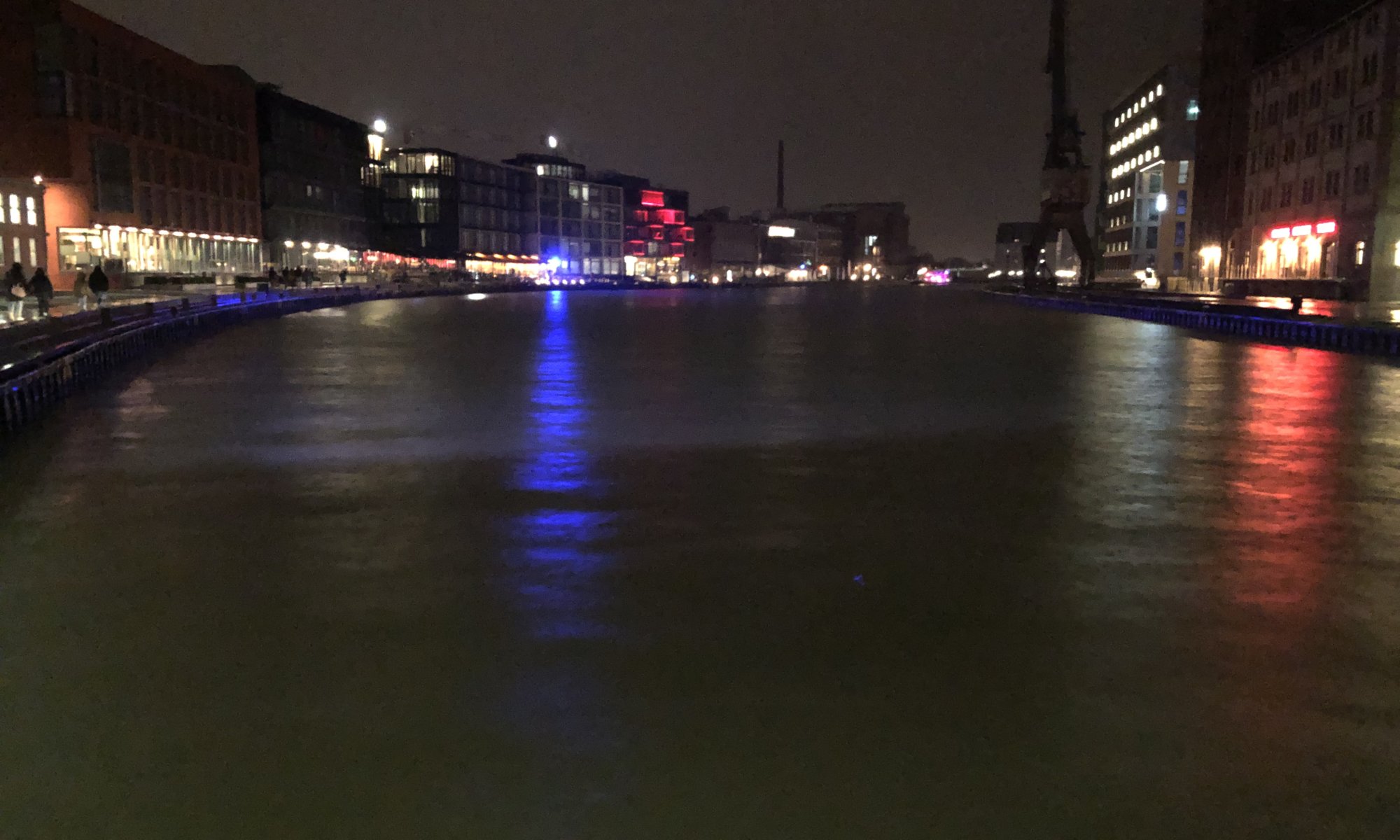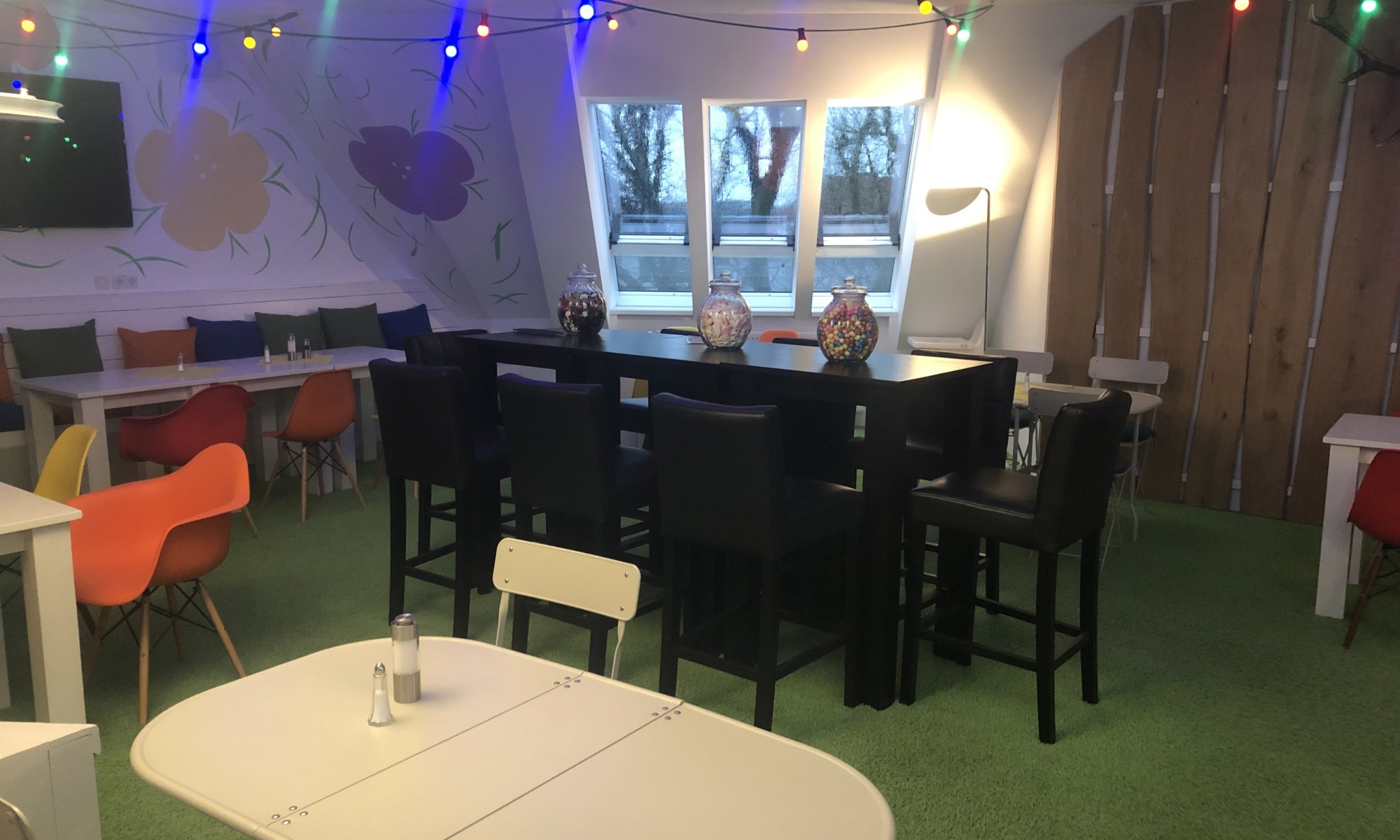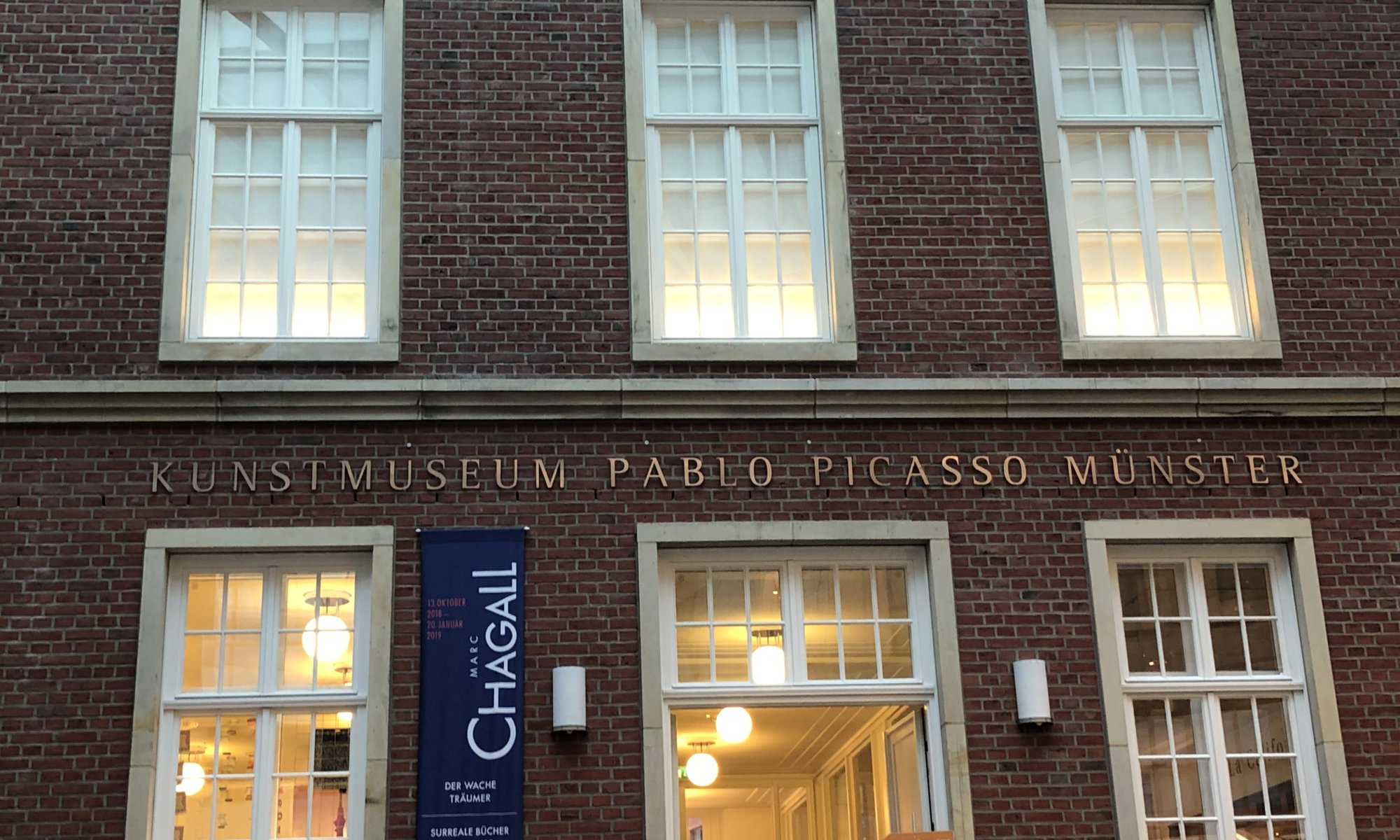Sometimes I just decide to visit a city I’ve never seen before and find out more about it. In the past I’ve often selected cities that have a bad reputation. And most often I learned how beautiful these are and how much they have to offer. But this time I just went to a city that many people know – because a lot of people go their to study: Münster in Westfalen.
Continue reading “Rainy weekend”LWL-Museum für Naturkunde
Close to the Aasee and the Allwetterzoo of Münster in Westfalen, Germany you can find a nice natural history museum – the LWL-Museum für Naturkunde. From the outside it looks a bit old-fashioned but inside it is a modern museum with changing exhibitions and a planetarium. On rainy days it gets a bit too crowded but that is typical for a museum like this that is of interest for all ages.
Continue reading “LWL-Museum für Naturkunde”Allwetterzoo
The zoological garden of Münster in Westfalen, Germany is called the Allwetterzoo – because it is worth a visit also on a rainy day. Between many of the houses there are roofed passages. But there are also a lot of sections which you can’t visit without an umbrella if it is raining cats and dogs. It is 30 hectares large and is home to 3.600 animals of 326 species.
Continue reading “Allwetterzoo”Aasee
The Aasee is a 40 hectares large lake at Münster in Westfalen, Germany named after the river Aa. The lake and the green areas surrounding it are used for sports and recreation. It is more than 2 kilometers long and close to it you will find the Allwetterzoo and the LWL-Museum für Naturkunde. The zoological garden can also be reached by ships passing the Aasee.
Continue reading “Aasee”Botanischer Garten
I’ve seen many botanical gardens throughout the years but the one at Münster in Westfalen, Germany is maybe the best in Germany. Correct me if I’m wrong. It was opened in the year 1803 and belongs to the university of Münster by which it is used for research and teaching. It is located behind the wonderful Fürstbischöfliches Schloß and can be visited free of charge. The area covered by the garden is vast and includes many different plants, a lake, a marsh area and also rocks for alpine plants.
Continue reading “Botanischer Garten”Fürstbischöfliches Schloß
Maybe it is the most beautiful building of a German university: the Fürstbischöfliches Schloß at Münster in Westfalen, Germany. It was built from the year 1767 on in baroque style for the prince-bishop (‘Fürstbischof‘) Maximilian Friedrich von Königsegg-Rothenfels. The massively decorated and highly impressive building was destroyed to large extent during World War II. After the war British forces planned to tear it fully down but it could be preserved after massive intervention.
Continue reading “Fürstbischöfliches Schloß”Erbdrostenhof
The Erbdrostenhof at Münster in Westfalen, Germany is one of the most impressive buildings of the city. And that is also what it should be because it was the home of Adolf Heidenreich Freiherr Droste zu Vischering who – as an Erbdroste – acted as a deputy of the territorial lord in military, juridical and police-related things. The building was created from the year 1753 on.
Continue reading “Erbdrostenhof”Stadthafen
The harbour of Münster in Westfalen, Germany – also known as Stadthafen I – is a former harbour used for ships passing the Dortmund-Ems channel. It was opened in 1899 and goods unloaded here where wood, building materials and grain – but also things imported from the colonies Germany had by that time. Usage of the harbour declined in the second half of the 20th century and an alternative use had to be found.
Continue reading “Stadthafen”Flowers Hotel
The Flowers Hotel at Münster in Westfalen, Germany is an unconventional but nice hotel near the main railway station of the city. It is on the rear side of the station where the Wolbecker Straße meets the Bremer Platz. The hotel and the rooms have artificial turf on the floor and many colorful lights. Within the rooms you’ll find a kitchen and fridge which would be normal for a boarding house.
Continue reading “Flowers Hotel”Kunstmuseum Pablo Picasso
Close to the Prinzipalmarkt and the city center of Münster in Westfalen, Germany you can find a special art museum focussed on works of the Spanish painter Pablo Picasso. It is strangely integrated into a large shopping mail and massively overcrowded on weekends. It contains almost the complete litograph collection of Picasso.
Continue reading “Kunstmuseum Pablo Picasso”